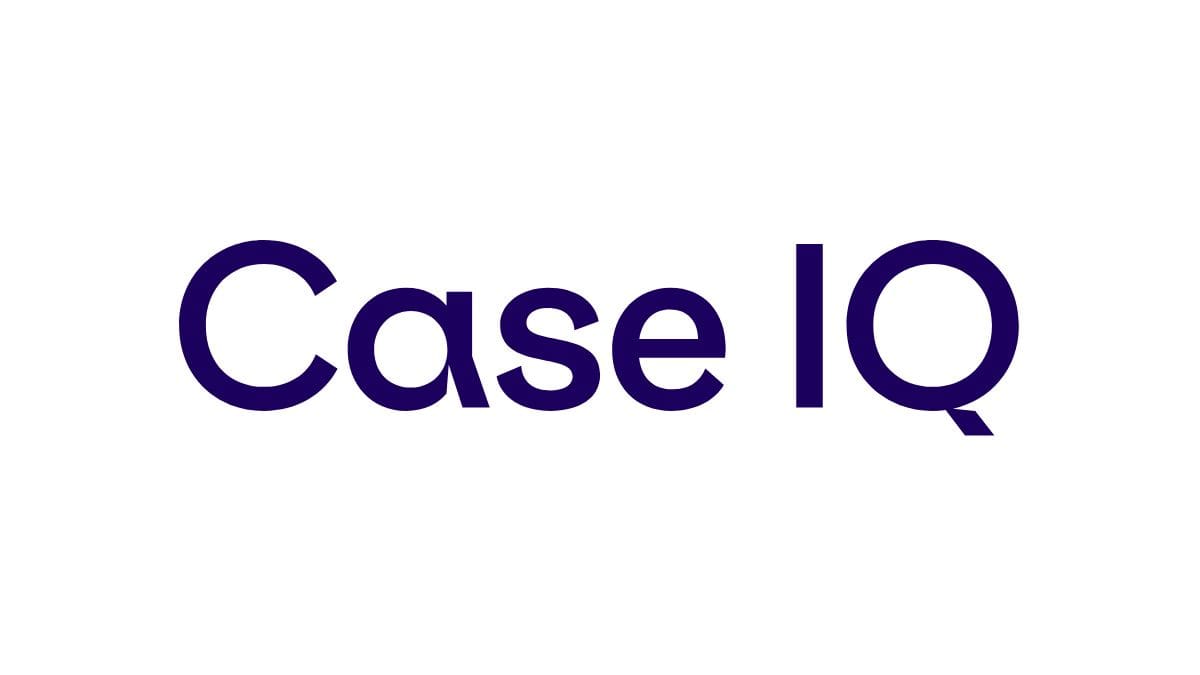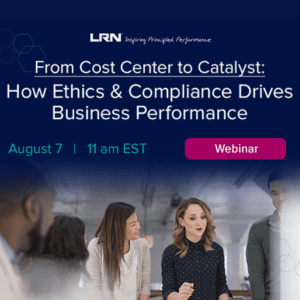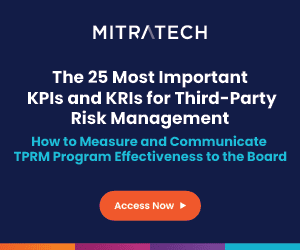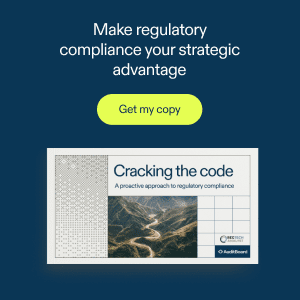(Sponsored) Organizations that assume setting up a reporting hotline is all they need to do to establish a speak-up culture make a grave mistake, warns Case IQ’s Shannon Walker, who offers insights some leaders may overlook.
The basics of a speak-up culture are pretty simple: Set up reporting mechanisms, train employees on how to use them and encourage them to report suspected wrongdoing. However, to establish a truly effective speak-up culture that empowers employees while protecting your organization, you need to go deeper. Protecting employees’ well-being throughout the reporting process and taking their opinions into account will take your whistleblowing program from good to great.
Add a non-retaliation commitment to your whistleblower policy
You can have easy-to-use reporting mechanisms and thorough speak-up training, but if employees are afraid of negative repercussions because of reporting, they’ll likely keep quiet. This is a problem; issues will have time to escalate into bigger problems, which requires more time, money and effort to correct. The work environment can grow hostile, and your organization might gain a poor reputation with potential employees, vendors, clients and partners.
That’s why adding an anti-retaliation statement to your whistleblower policy is essential to an internal culture of ethics.
Not sure what that should look like? Start by emphasizing your company’s commitment to ethics. Explain that whistleblowers should not let fear of retaliation keep them from reporting wrongdoing and list the consequences if retaliation does occur.
Try this sample text:
“Retaliation of any kind against a reporter is strictly prohibited. If any party is found to harass, discriminate against or otherwise retaliate against a person who has submitted a complaint, they will be subject to disciplinary action up to and including termination of employment or dissolution of the business relationship and/or legal action.”
Including a zero-tolerance retaliation policy helps your organization in three main ways:
- Employees feel safe at work. As a result, they’ll have better physical and mental health, which means they can innovate and do their best work.
- You’ll ensure compliance with employment laws that prohibit retaliation in its different forms, such as the Fair Labor Standards Act, National Labor Relations Act, and laws under the Equal Employment Opportunity Commission
- Showing employees that you don’t accept retaliation should discourage them from other unethical behaviors and misconduct, especially if they’re prohibited in your internal policies.
Ensure closure with whistleblowers after an investigation
Whistleblowers are an invaluable asset for uncovering workplace issues. Managers and executives can’t be everywhere at once, so employees can help nip problems in the bud by speaking up when they witness a coworker behaving unethically. But your interactions with a whistleblower shouldn’t end with their initial report.
Lack of communication in the workplace can cause stress, distrust, and even fear. This is especially true for whistleblowers. When an employee plucks up the courage to report wrongdoing, they deserve to know the outcome. That’s why one of the most underrated whistleblower program best practices is following up after you’ve addressed the concern.
How can you ensure your reporter follow-up is effective? First, keep whistleblowers informed about your investigation process every step of the way. Next, make sure your investigation procedures are fair, consistent and thorough, regardless of who was involved. Finally, from the initial report through to follow-up, offer support and protection to the whistleblower.
Adding this new step to your investigative process might come with some pushback if you’ve never or rarely done it before. Having limited time and staff can also make closure difficult. Following up with whistleblowers takes time that could be spent working on another case, which could cause concern if you have a large caseload or backlog of incidents to manage.
To get past these challenges, start by making sure your organization’s whistleblower policy is thorough and up to date with current whistleblower program best practices, including closure. Emphasize in your employee training that you will follow up with them after their report is resolved, too. This should encourage them to speak up when an issue arises.
Not only does closure make the individual reporter feel safer, but this step also enhances your organizational integrity, showing other employees that you address and correct unethical behavior effectively and efficiently. Providing a safe, ethical work environment also improves employee morale. Finally, helps you reduce your risk of noncompliance penalties and employee lawsuits by following a strict investigative protocol backed up by internal policies.
Conduct a hotline use survey
Having reporting mechanisms in place is a good first step, but if employees don’t know how to use or don’t feel comfortable using them, they’re not helping anyone.
Do your employees know about your hotline? Do they know how to use it and what they should report? A whistleblower hotline use survey can tell you if your communications about your hotline are landing. Each year, send out a survey to employees to gauge their level of knowledge, as well as preferences for reporting.
While every organization should ask questions specific to their company and reporting mechanisms, here are a few questions any organization can use to gather helpful information from their hotline survey:
- Do you know that our organization has an ethics/fraud/employee relations hotline available for anonymous reporting/questions?
- Have you witnessed any behavior that may be something worth reporting? If so, what was it?
- Which of these behaviors do you think should be reported on our company’s hotline? Check all that apply.
- Harassment
- Violence
- Discrimination
- Theft or fraud
- Corruption or bribery
- Conflict of interest
- Health and safety hazards
- Misuse of company property
- Have you ever wanted to report something but felt uncomfortable or intimidated to do so?
- Have you ever reported on anything and not received any feedback or response?
- If you have reported in the past, what mechanism did you use? Which mechanism would you prefer to use if you reported something today?
By asking these questions, you’ll learn how to improve your current reporting mechanisms, which new mechanisms to consider implementing and whistleblower training updates that will help create a stronger ethical speak-up culture in your organization.
Establishing a speak-up culture that protects whistleblowers takes effort but is more than worth it. Don’t forget these aspects when implementing yours! Your employees will feel safe, misconduct should decrease and your company will gain a reputation for valuing ethics, both internally and externally.




 Shannon Walker is the executive VP of strategy at Case IQ. She is also the founder and president of WhistleBlower Security Inc. (WBS) which was launched in 2005. WBS provides ethics, compliance and loss-prevention hotlines, along with IntegrityCounts, a proprietary case management platform. Shannon has a B.A. from Simon Fraser University in British Columbia and an M.A. from Pepperdine University in California. Shannon frequently speaks around the world on whistleblowing, ethics, corporate culture and diversity. A former elected city official, Shannon has also sat on a number of nonprofit boards and is currently chair of the Ambleside Dundarave Business Improvement Association.
Shannon Walker is the executive VP of strategy at Case IQ. She is also the founder and president of WhistleBlower Security Inc. (WBS) which was launched in 2005. WBS provides ethics, compliance and loss-prevention hotlines, along with IntegrityCounts, a proprietary case management platform. Shannon has a B.A. from Simon Fraser University in British Columbia and an M.A. from Pepperdine University in California. Shannon frequently speaks around the world on whistleblowing, ethics, corporate culture and diversity. A former elected city official, Shannon has also sat on a number of nonprofit boards and is currently chair of the Ambleside Dundarave Business Improvement Association.








